GnuTLS
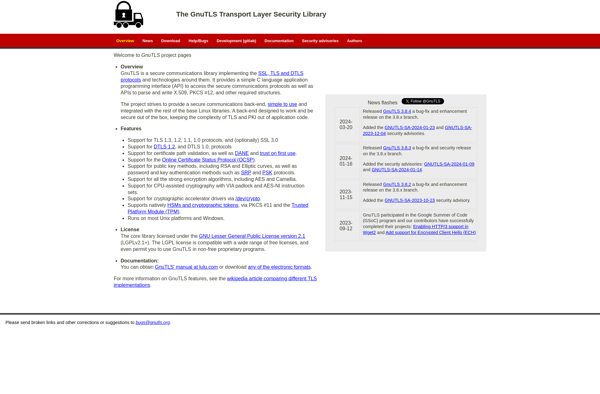
GnuTLS: Open Source TLS/SSL Library
GnuTLS is an open source software library that implements the Transport Layer Security (TLS) and Secure Sockets Layer (SSL) protocols. It provides encryption, authentication and integrity protection for network communication.
What is GnuTLS?
GnuTLS is an open source software library that implements the Transport Layer Security (TLS) and Secure Sockets Layer (SSL) cryptographic protocols. It offers a complete application programming interface (API) to work with X.509 certificates, cipher suites, encryption algorithms, and authentication mechanisms as needed to set up secure communication over networks.
GnuTLS is designed to be portable and efficient across all major operating systems including Linux, BSD, macOS, Windows, Solaris and others. It can be used to add SSL/TLS support to a variety of applications and services such as web servers, email servers, VPN solutions, messaging applications and more.
Some key features of GnuTLS include:
- Support for TLS 1.3, 1.2 and 1.1 as well as SSL 3.0 protocols
- Wide range of symmetric and asymmetric encryption algorithms including AES, DES, 3DES, ARCFOUR, RSA, DSA, Diffie-Hellman and more
- APIs in various languages like C, Python, Perl, Java, C# etc.
- Extensive certificate handling capabilities
- Ability to securely generate random numbers for cryptographic use
- Protection against various TLS protocol attacks and weaknesses
GnuTLS is licensed under the GNU Lesser General Public License (LGPL) making it easy to legally integrate into both open source and proprietary applications. It can serve as a faster, modular alternative to OpenSSL in many cases while providing advanced security capabilities.
GnuTLS Features
Features
- Transport Layer Security (TLS) protocol implementation
- X.509 certificate handling
- Public Key Infrastructure (PKI) support
- Encryption algorithms like AES, 3DES, ARCFOUR, etc.
- Authentication mechanisms like RSA, DSA, etc.
- Integrity protection through hash algorithms like SHA1, SHA256, etc.
- Application layer protocols like HTTP, FTP, SMTP, etc.
Pricing
- Open Source
Pros
Cons
Official Links
Reviews & Ratings
Login to ReviewThe Best GnuTLS Alternatives
Top Security & Privacy and Encryption and other similar apps like GnuTLS
Here are some alternatives to GnuTLS:
Suggest an alternative ❐OpenSSL
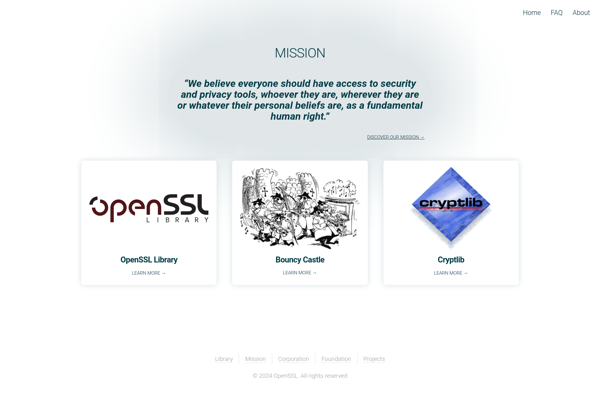
LibreSSL
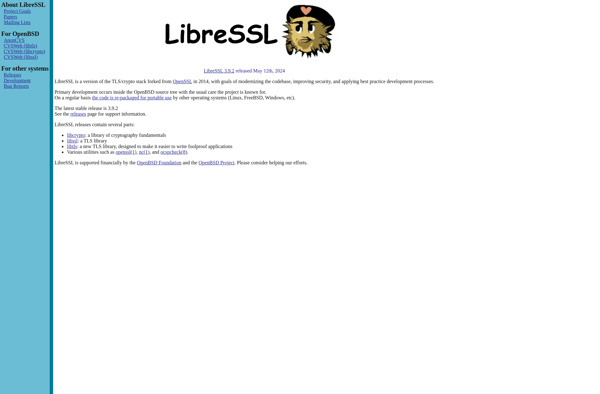
Mbed TLS
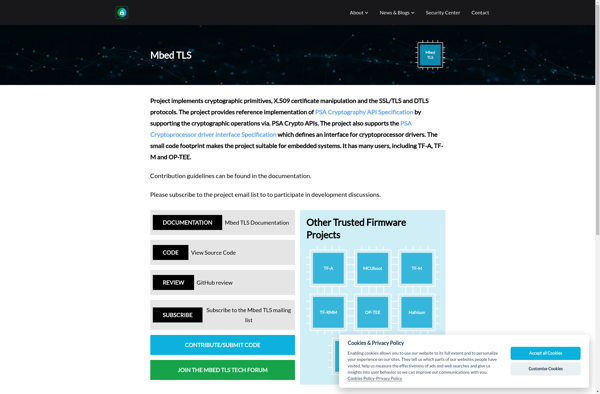
SecureBlackbox®

WolfSSL
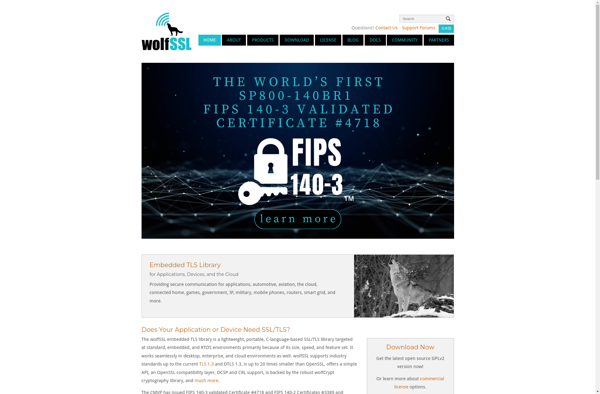
SharkSSL

Themis
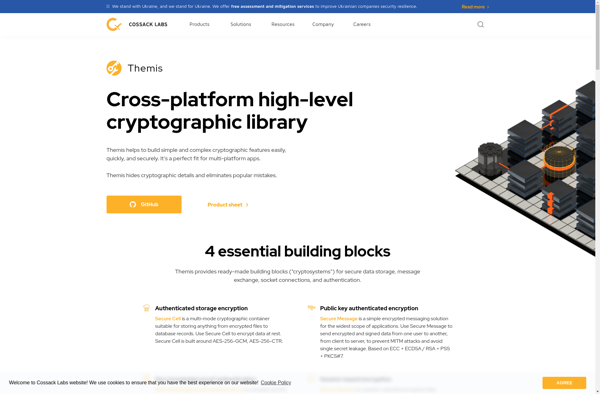
Network Security Services
